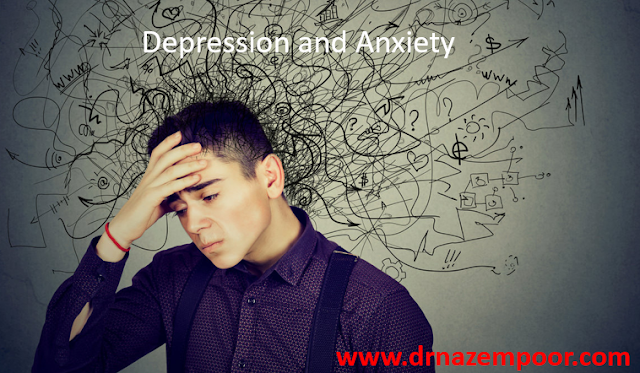Empowering Strategies to Conquer Depression and Anxiety without Medication
Depression and anxiety are common mental health challenges that millions of people face. While medication can be helpful, many individuals seek alternative ways to manage these conditions without relying solely on pharmaceuticals. Here are some empowering strategies to deal with depression and anxiety without medication.
1. Therapy and Counseling
One of the most effective non-medication approaches is therapy, particularly cognitive-behavioral therapy (CBT). Therapists help individuals identify and reframe negative thought patterns, teaching coping strategies and stress management techniques. Talking to a professional provides a safe space to explore underlying causes of depression and anxiety.
2. Exercise and Physical Activity
Regular exercise has been shown to have a profound impact on mental health. Physical activity releases endorphins, the body's natural mood elevators. Even a daily walk can significantly reduce symptoms of depression and anxiety. Incorporate exercise into your routine to boost your overall well-being.
3. Mindfulness and Meditation
Practicing mindfulness and meditation techniques can help calm a racing mind. Mindfulness encourages living in the present moment, reducing rumination on past regrets or future worries. Apps and online resources offer guided meditation sessions that can be done anywhere.
4. Balanced Diet and Nutrition
Your diet plays a crucial role in your mental health. Consuming a balanced diet rich in nutrients like omega-3 fatty acids, antioxidants, and complex carbohydrates can positively impact your mood. Limiting caffeine and sugar intake can help stabilize energy levels and reduce anxiety.
5. Sleep Hygiene
Proper sleep is essential for mental well-being. Establishing a regular sleep schedule and creating a comfortable sleep environment can improve sleep quality. Insufficient or disrupted sleep can exacerbate symptoms of depression and anxiety.
6. Supportive Relationships
Building and nurturing supportive relationships can provide emotional stability. Confiding in friends and family can help reduce feelings of isolation. Social connections offer a sense of belonging and can be a source of comfort during difficult times.
7. Creative Outlets
Engaging in creative activities like art, music, or writing can be therapeutic. These outlets allow for self-expression and can serve as a constructive way to manage emotional distress.
8. Stress Reduction Techniques
Stress often exacerbates depression and anxiety. Learning stress reduction techniques such as deep breathing exercises, progressive muscle relaxation, or time management can help you regain control over your emotions.
Remember, everyone's journey to managing depression and anxiety is unique. It's crucial to consult with a mental health professional to determine the most appropriate and effective strategies for your specific situation. By exploring these non-medication approaches, you can take proactive steps towards regaining control of your mental well-being and enjoying a happier, more fulfilling life.
For more information Contact Number: +1 (214) 727-7717
You Can Also E- mail us: Dr.Nazempoor@yahoo.com
visit our website: - https://drnazempoor.com/





Comments
Post a Comment